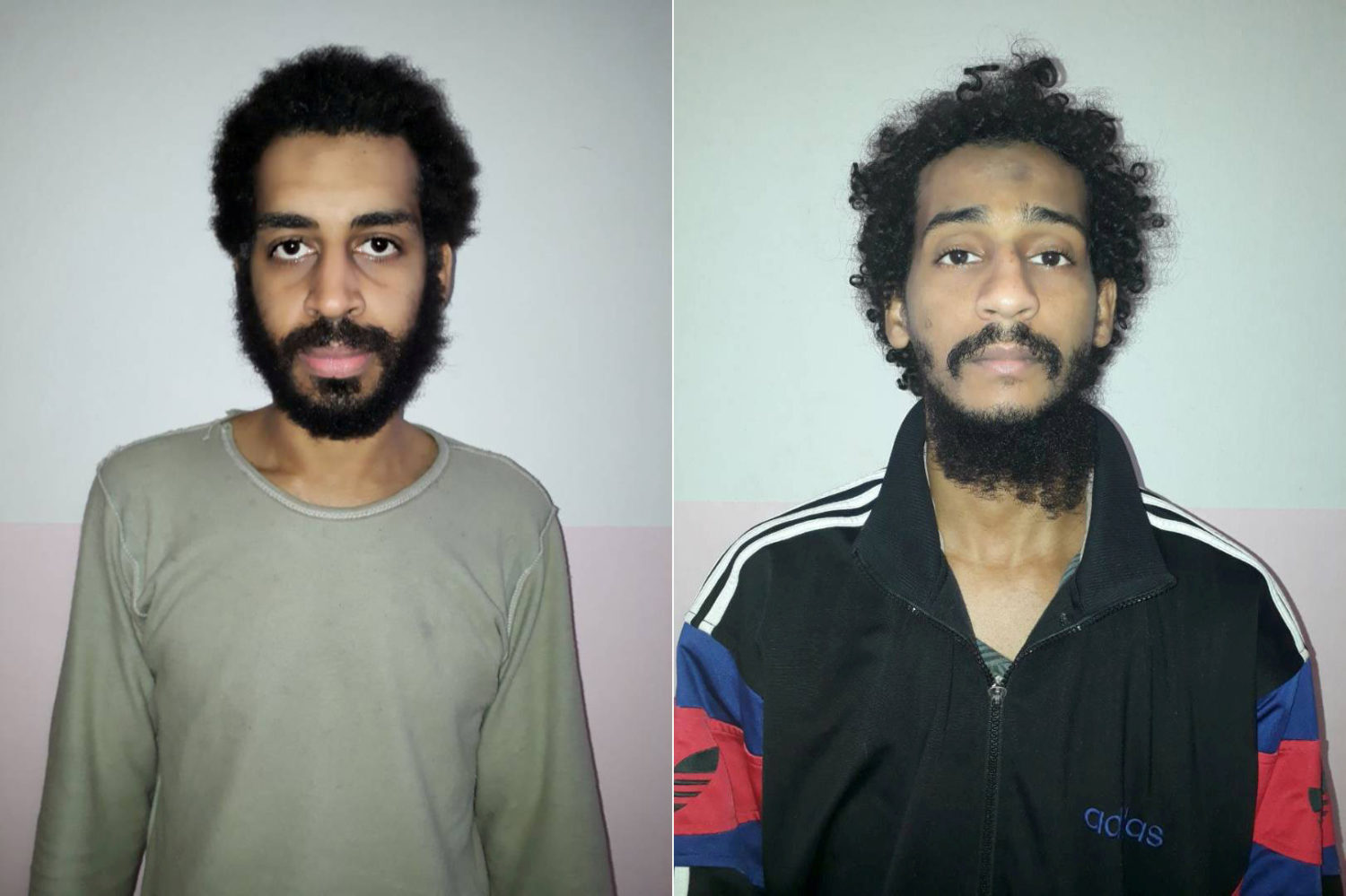
By Sarah N. Lynch
WASHINGTON (Reuters) – U.S. Attorney General William Barr on Tuesday defended himself in front of a Democratic-led House of Representative committee, denying accusations that he abused his power to help President Donald Trump’s associates and boost Trump’s re-election hopes.
House Judiciary Committee Chairman Jerrold Nadler opened the hearing with scathing remarks, telling Barr: “Your tenure is marked by a persistent war against the department’s professional core in an apparent effort to secure favors for the president.”
Barr pushed back, saying, “I feel complete freedom to do what I feel is right.”
Barr rejected a claim by Nadler that an operation to deploy federal agents to U.S. cities, particularly Portland, Oregon, was an effort to boost Trump’s re-election campaign. Barr said he had not taken actions to help Trump’s associates, saying they do not deserve special breaks but also should not be treated more harshly than other defendants.
The hearing marks Barr’s first testimony before the House Judiciary Committee since he took office in February 2019, and comes as the Justice Department faces criticism for sending federal officers to forcibly disperse protesters in Portland, Oregon, and Washington, D.C.
The department’s internal watchdog launched probes last week into federal involvement in both those cases.
The United States has seen weeks of widespread, mostly peaceful protests against racial bias and police violence following George Floyd’s death in the custody of Minneapolis police in May.
Barr has highlighted the arson and violence that have broken out at some protests, blaming them primarily on far-left “antifa” elements and urging federal prosecutors to bring criminal charges whenever possible.
Barr defended the use of federal law enforcement to quell the protests in Portland, where some protesters have thrown objects at the federal courthouse.
“What unfolds nightly around the courthouse cannot reasonably be called a protest; it is, by any objective measure, an assault on the Government of the United States,” Barr said.
In his testimony, he also downplayed accusations about systemic discrimination in policing across the country, saying it would “be an oversimplification to treat the problem as rooted in some deep-seated racism.”
“The threat to Black lives posed by crime on the streets is massively greater than any threat posed by police misconduct,” he said.
HOUSE INQUIRY
The House Judiciary Committee launched a broad inquiry last month into whether the Justice Department had become overly politicized.
The inquiry came after Barr intervened in several high-profile criminal cases involving people close to Trump. In February, he moved to scale back the Justice Department’s sentencing recommendation for Trump’s longtime friend Roger Stone, prompting four career prosecutors to withdraw.
In May, Barr sought to drop the criminal charge against former national security adviser Michael Flynn, setting the stage for an ongoing legal battle with the federal judge who was due to sentence Flynn, who pleaded guilty to lying to the FBI.
Barr, in his testimony, insisted that Trump “has not attempted to interfere in these decisions.”
In June, Barr ousted the top federal prosecutor in Manhattan, Geoffrey Berman, while that office was investigating Trump’s attorney Rudy Giuliani.
Berman later told the committee: “I do not know what the attorney general’s motives were, but the irregular and unexplained actions by the attorney general raised serious concerns for me.”
In July, the Bureau of Prisons, which reports to Barr, ordered Trump’s former attorney Michael Cohen out of home confinement and back to prison after he hesitated to sign a sweeping gag order that would have prevented him from releasing a book about the president.
A federal judge ordered Cohen released last week, saying there was evidence the Bureau of Prisons had retaliated against him.
(Reporting by Sarah N. Lynch; Editing by Scott Malone, Peter Cooney, Bernadette Baum and Jonathan Oatis)









